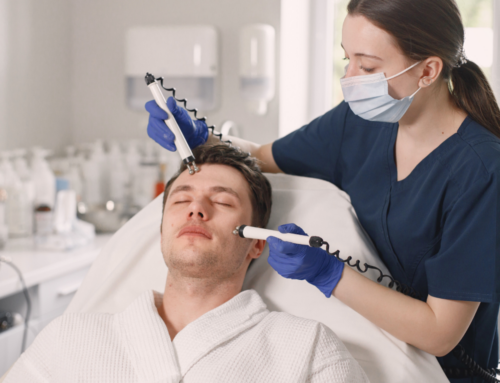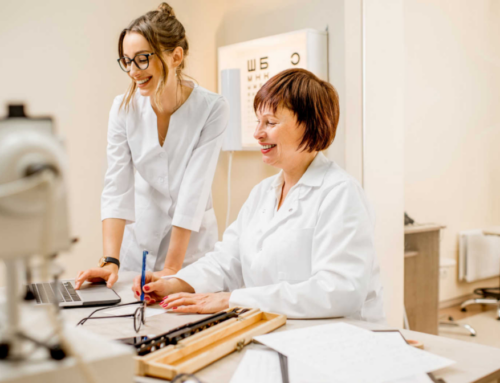Owning a practice isn’t for everyone, but for those who are bold and ready enough to be in control of their own practice with acquire an established practice. Here are some lessons when it comes to buying, selling and owning a practice.
Buying at the right price:
Owning a practice is usually a good investment, but unfortunately that isn’t always the case. There are a number of key elements when it comes to the buying and structuring of the purchase in order to hedge the odds toward success. An obvious key element is to purchase the practice at the right price. You want to be involved in the valuation process so you can gain an understanding of what your future monthly obligations will be.
Even if you don’t have to, aim for a 10-year loan:
In the past banks wanted new practice owners to be able to pay off their loan in seven years … then it changed to 10 years … and now they often want 15 years. While having a longer pay-off period can sound decent, especially in comparison to a 30-year house payment. However what it is really accomplishing is a higher selling price that is made affordable by having smaller monthly payments over a longer period of time.
Your practice should bring in enough steady cash to pay off the practice purchase loan in 10 years. Of course a decade is a long period of time. A lot can happen during this time period, you could burn out, become disabled or experience another major life change. We suggest getting a 15-year term at the right price but then work hard to pay it off based on a 10-year amortization schedule. Before doing this you will want to make sure there are no prepayment penalties. This will allow you to have some wiggle room as needed, and if you had to sell the practice in five to seven years, then at least you’d have some equity built up.
Enjoy the good interest rates:
10 to 15 years ago it wasn’t unheard of for practice loans to range from 9 to 12 percent. Now, if you’re savvy, then they can range from as low as 3.5 to 7.5 percent. Now if an owner is willing to provide the financing, then they might want a little higher interest rate, because it is generally an unsecured loan. This might offer some value, as banks tend to be a lot less sympathetic than the previous owners. The previous owners are usually more likely to be considerate of the “slow times” and may not enforce late fees as diligently.
Get regular valuations:
Once you buy or begin your practice, then you will want to have a professional value come in it at least every three years. This will give you an idea of the value and what you can do to enhance it.
Watch for buyers:
Keep in mind that a number of practitioners will have already started relationships years before selling in hopes of a future sale. This will keep the broker out of it, which allows for a better price for the buyer and more profit for the seller.
Craft a good sale:
As a seller you have a big question to consider: do you help finance the buyer’s purchase or completely cash out? Cashing out is a nice and safer option during these uncertain economic times, but there is something to be said for receiving a monthly mortgage payment. A good idea would be to let the bank provide the majority of it—say 75 percent—and ask the seller to provide 25 percent. This can help cut down on risks, as well as giving the seller some monthly income.
Hold onto your real estate:
Something you might want to consider is if you should buy the real estate that is under your practice? You can keep it when you sell, giving you more chances for profit. Owning the land and/or the building can be a good investment, keep in mind that some buyers have been hit hard during the recent market collapse. A general rule of thumb is to buy the real estate if it’s available and reasonable and then pay it off over a 10 to 20 year time frame. Whenever the time comes to sell your practice then you will be able to hold the real estate as a rental investment. Keep in mind buyers don’t always like this idea, so you might structure an option to sell the real estate after five years at a specified price.
Hold onto your practice as long as possible:
When it comes to figuring out when is the best to sell your practice you there are some things to consider. If you have good cash flow and other veterinarians to run it, then might consider holding onto it as long as you can and simply provide some management oversight. It can be easy to forget but once you sell the practice your cash flow will end.
Now that you have read some basic tips and things to consider you are ready to purchase a practice. After you have found a place that meets your needs you will still need to make on offer, secure financing, sign the practice sale agreement and lease, and complete the purchase. As you can see a lot of important factors go into this decision. Make sure you are being properly advised. Practice Advisors 360 is the nation’s leading dental advisory company. Contact us today at (844) 360-8360 or visit us online at practiceadvisors360.com






